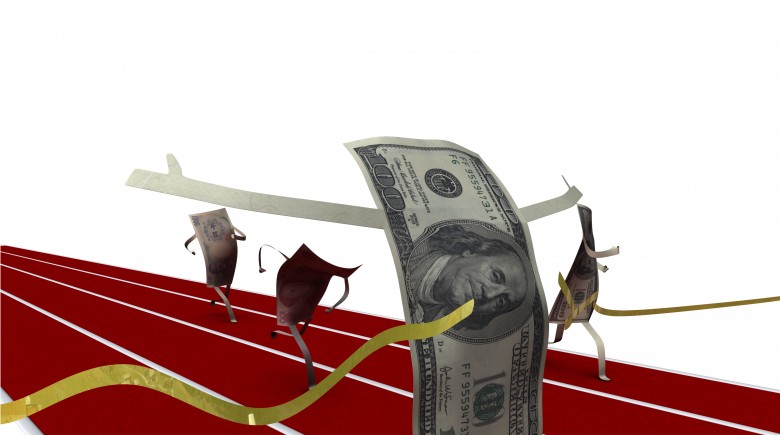Since I don’t know everything about real estate investing (ha, time to laugh), I am turning today to an always interesting site called bitethebulletinvesting.com. I am not sure they are always worth recommending but they are always thought-provoking.
And they addressed a good question for readers: where do you start when you want to invest?
Most people turn to stocks, of course (why is it when you look up the word investor, it is almost always linked to the stock market? Doesn’t everyone now know there are other investments?). For the stock market, you can look elsewhere. But the blogger at Bite had some advice applicable to virgin real estate investors as well.
The blogger, rightly in my opinion, explained he was out of his league in the market because he was like a “kiddie swimming in an adult” pool of knowledgeable (and often insiders with knowledge not shared with the rest of us) stock selectors. The blogger readily admitted he was out of his league.
But there was another reason he did not invest that was even simpler: as a younger person, he had no money (yuk). And do you need money to invest money…or do you (there are loans but that’s another subject)?
So he came up with an obvious answer for someone with no money. You begin to save it. A simple savings account. Humble but tried and true as a faithful companion.
This has obvious benefits as a starting point for an investor:
(1) You save as much or as little as you want.
(2) It’s easy to put money in or take it out.
(3) It’s safe.
(4) You can do it automatically.
(5) And it’s easy to understand.
Of course, as anyone can tell you, small amounts grow over time. And poof: You have a few thousand dollars to invest.
The major disadvantage, as everyone already knows, is the low return.
Investing, however, is not as simple as savings.
The decisions get more complicated.
Where will you put your money? But an even better question is the fear you will certainly have over possibly lost money.
This gets even more complicated for an individual (and that is most people) who are accustomed to a paycheck in return for their efforts. Face it: this is lower risk for employees and higher for employers.
And if you are accustomed to that reality, it’s likely you will be reluctant to take risks.
But that’s all right, of course. So if you do want to try real estate as an investment, why not set aside some savings? Whatever the amount, small or large (in your own mind, anyway), this is a simple but solid idea. Then decide how much risk you are willing to take in case you lose some or even all of it?
Not a bad way to start your investment program. If you compare it to a swim, it’s putting a toe in the water before deciding to risk the chance there are sharks out there. ###







